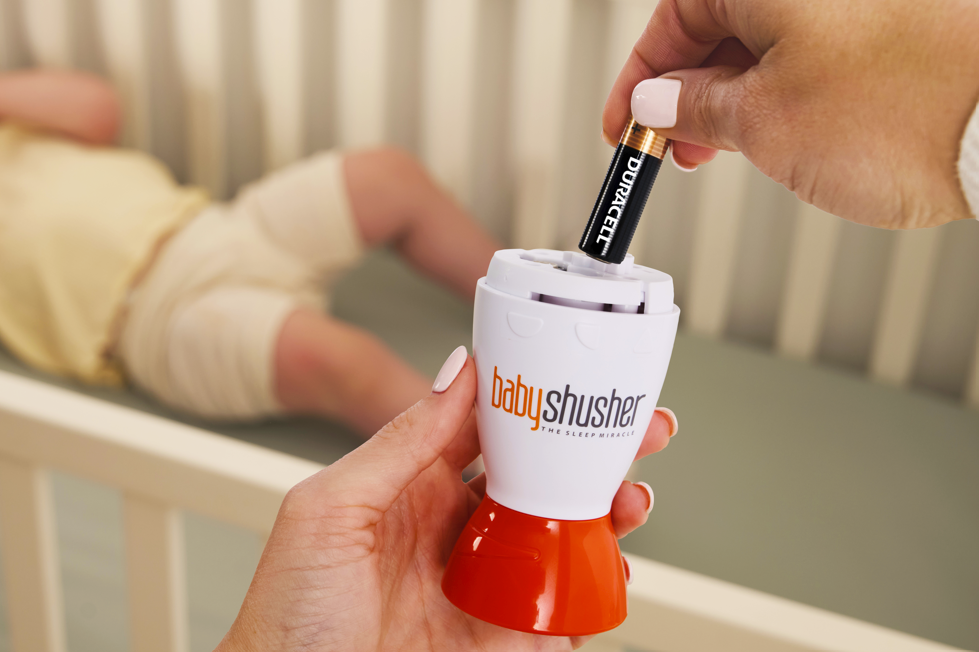
Significant life changes and stresses are direct triggers for insomnia or sleeping problems. No wonder the newborn days become challenging for moms when it comes to battling for a few hours of needed rest.
Recent research has revealed that new parents will get just four hours and 44 minutes of sleep on an average night during their newborn’s first year on earth. To put this into perspective, during the first year of a child’s life, parents sleep 59 percent less than the recommended eight hours a night, which equates to losing 50 nights of sleep over the year!
If you’re a new parent struggling to get enough sleep, here are some tips to help you catch some blissful zzz’s.
Why new moms have so much trouble sleeping
Both moms and new dads will struggle with sleeping with a newborn, but for the mother, it’s especially difficult. That’s because of the perinatal period, the period immediately before and after birth, is a sensitive time for a mother who is dealing with a flood of abrupt life changes. Hormonal fluctuations, like the sudden drop in the reproductive hormones, can very much alter the way a woman’s biorhythm functions during the day.
Also, there’s the great maternal instinct, which from the behavioral point of view, is a very real and important phenomenon that can, in those first months of dealing with a newborn, jumble up one’s priorities and schedules. For example, brain alertness, especially the hearing, becomes more reliable in newly-made moms to be prepared for possible dangers for the baby. This means constant awakening, a lot of tossing and turning and struggling to fall asleep in the first place.
Not to mention the a-couple-of-hour awakening shifts, nightly feeding sessions, unexpected diaper changes, frustrating crying, and everything that a fussy newborn brings. Even the sturdiest of mothers may succumb to this sleep-killing schedule. But, good sleep is linked to better parenting, so there are lots of reasons to invest in a good sleep routine.
It’s hard as it is – don’t make it worse
After a long day of dealing with a baby, it may be tempting to indulge in “the don’ts” like binge-watching TV series, scrolling through social media, or coping with stress with loads of caffeine and fast food.
Studies have shown that too much screen time (due to the blue light emission) suppresses the sleep hormone melatonin responsible for a peaceful and quality sleep. Too much caffeine is also linked to sleep deprivation and restlessness, as it blocks the receptors that enable a good night’s sleep. Small changes, like switching from coffee to fresh juices, or reading a book instead of your phone, can make a massive difference for your sleep duration and quality.
Practice sleep-inducing activities
Having the right mindset is crucial for a restful sleep. Do anything that relaxes you and lowers stress, like having a nice hot bath, listening to your favorite music, meditation, or even doing light physical activity like yoga.
Do this not only as a part of the nighttime routine but also during the day, as it is vital to keep your spirits up and do things that stimulate your brain, like working on a hobby, expanding knowledge, etc.
Power-nap through the day
Although cat naps are by no means a replacement for 7-9 hours of night sleep, they are definitely an excellent way to overcome dizziness and tiredness during the day. The sleep experts at Bedroom Critic state that just 20 minutes of uninterrupted snoozing sessions can improve alertness and boost your mood.
Moreover, items like pregnancy recliners are specifically made to improve a comfortable sleep and may help moms achieve optimal napping, next to the baby or somewhere in your peaceful place.
Accept help – divide the work
While (unfortunately) no one can replace the miracle of lactation at 3.00 am, many things that newly made mothers cling to in the beginning can be done by helpful family members or even friends.
If you are bringing up a newborn with a partner, the best thing (for the sake of both) would be to equally divide the obligations during the day, to establish a somewhat reliable schedule that can very much improve a fairly good sleeping regimen for both the mother and the baby. Also, don’t be afraid to use the perks of technology if you have the means. Products like Smart Bassinets, the Baby Shusher, etc. are specifically made to help the baby sleep better, giving you a couple of precious hours of peace.
Avoid additional responsibility
As much as it sounds necessary to take up some new projects, or devote your time to your older children, it’s best to focus on the important stuff and not experience burnout. A few initial months of dealing with a newborn is a handful on its own, so wait those few months before becoming a super parent, as it will most definitely take its toll on your sleep.
Final thoughts – when to seek professional help
Although sleep deprivation comes as no surprise with new parents, chronic insomnia or lack of sleep may trigger health problems in the long run, most commonly found in new mothers in the form of postpartum depression.
If you notice having trouble sleeping soundly for more than a few weeks, especially if the baby waking up is not the problem, you should consult a professional. There are non-medication treatments like cognitive-behavioral therapy, which showed to be very effective in helping postpartum women deal with sleeplessness. Nevertheless, the sooner you decide to tackle the sleeping issue, the less need there will be to worry about more serious health issues.

